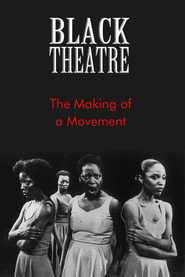Ntozake Shange
ActorWriter
18-10-1948
Birthday
Libra
Zodiac Sign
-
Genres
4
Total Films
Also known as (female)
Trenton, New Jersey, USA
Place of Birth
18-10-1948
Birthday
Libra
Zodiac Sign
-
Genres
4
Total Films
-
Also Known As (female)
Trenton, New Jersey, USA
Place of Birth


